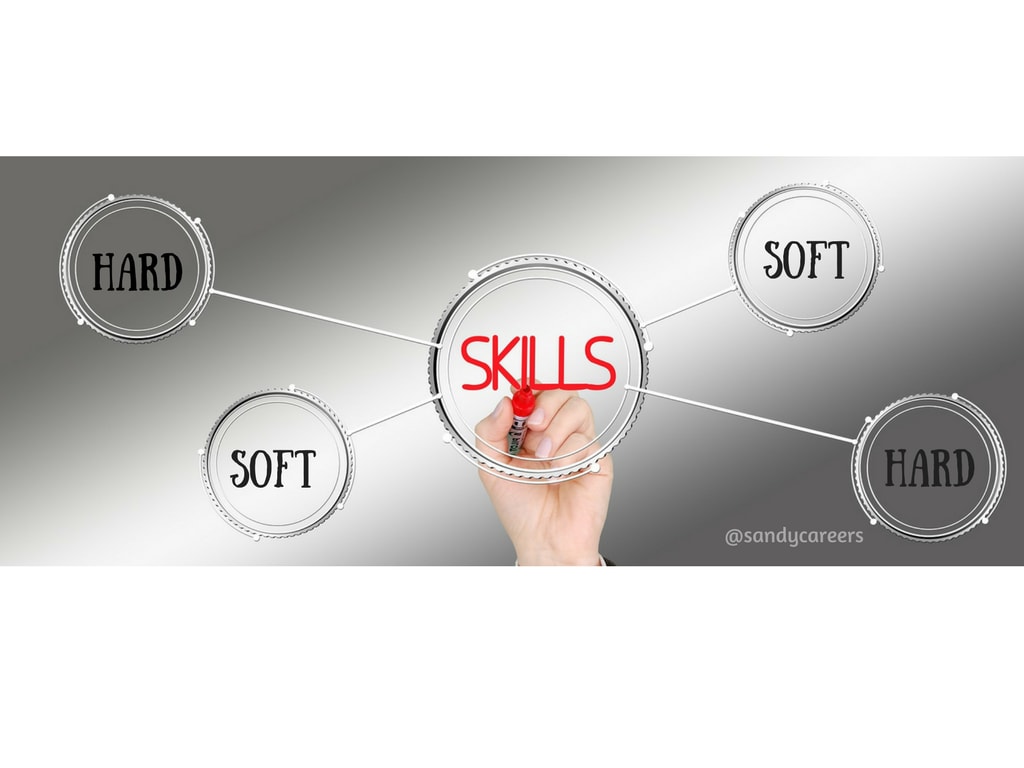Hard Skills vs. Soft Skills: What Is the Difference?
Hard skills and soft skills are linked to the brain and used based on the activity being performed. The former are physical, and the latter personality traits.

We live on a planet that is governed by the fundamental law — “survival of the fittest.” It is applicable to every living organism on this planet. Survival is the first and foremost goal of every living being. However, in order to ensure it, it is important to posses the right capabilities and skills. Be it predators that need to learn to hunt for their survival, or birds that need to fly, all of them need to be adept in acquiring the right dexterity which is essential for their survival. Humans initially needed skills that were necessary to protect themselves from the immediate threats. However, the nature of skills that were required for evolving, and the old skills that were once necessary became obsolete. With the development of society, survival of the people was inter-dependent. This made it essential for the people to acquire skills that could be put to use in order to service the needs of the society, and in exchange, earn a living and a respectable position in the society.
Skill is defined as the ability to carry out tasks with a high-level of proficiency in order to obtain desired results. Skills are divided into two major domains, viz. hard-skills and soft-skills.
Hard Skills
Hard skills are the teachable abilities that can be quantified in different ways. Skills such as driving, painting, math, software programming, etc. are hard skills. These are tangible and have manifestations in a physical form. They are considered to be important in pursuing a career and are prerequisites in order to get a job. Résumés of graduates and professionals have a mention of hard skills that are essential to their work profile.
Soft Skills
Soft skills are interpersonal skills, which are associated with the personality traits of an individual. Unlike hard skills, they are intangible, viz. teamwork, work ethics, time management, social, self-motivation, and emotional quotient, etc. Initially, soft skills were not considered mandatory while screening candidates for a job. However, recent developments have made recruiters aware of the importance that soft skills carry, and they usually prefer candidates with those skills.
Differences Between Hard Skills and Soft Skills
Our brain is divided into two parts. People are identified as left-brained or right-brained based on their thinking and abilities. People who have a left-brain thinking are believed to be more logical and analytical in their approach of comprehending different things. Right-brained people are believed to be more creative and artistic. However, every individual uses both sides of the brain depending upon the activity that is to be learned or performed. Therefore, it can be inferred that in learning hard skills, left part of the brain plays a major part, whereas in case of soft skills, it is the right brain.
Hard skills can be applied irrespective of the place or circumstance. For example, a footballer would not require different training before performing at any venue. He can use the same skills while performing at any place. However, a person might require soft skills that are variable based on the circumstances.
Hard skills are generally material in nature as in most of the cases they are essential tools that provide an interface between a human and a machine. For example, typing on a computer or a type writer, whereas soft skills are generally used to interact with people (for example, a motivational speaker).
Differences between hard and soft skills can be noted on various accounts. Hard skills are generally taught in schools and colleges across the globe. Soft skills, on the other hand, were doomed to be mediocre initially, but now they are considered significant, and are being taught in most of the schools and universities. Both the skills these days play an important role and can be instrumental in having a successful career.
About the Creator
Sandy Dsouza
Sandy Dsouza is a freelance author and blogger. She is always eager to share her knowledge on various topics like resume, career development and career change and is significant contributions to BSR: Resume Examples.






Comments
There are no comments for this story
Be the first to respond and start the conversation.